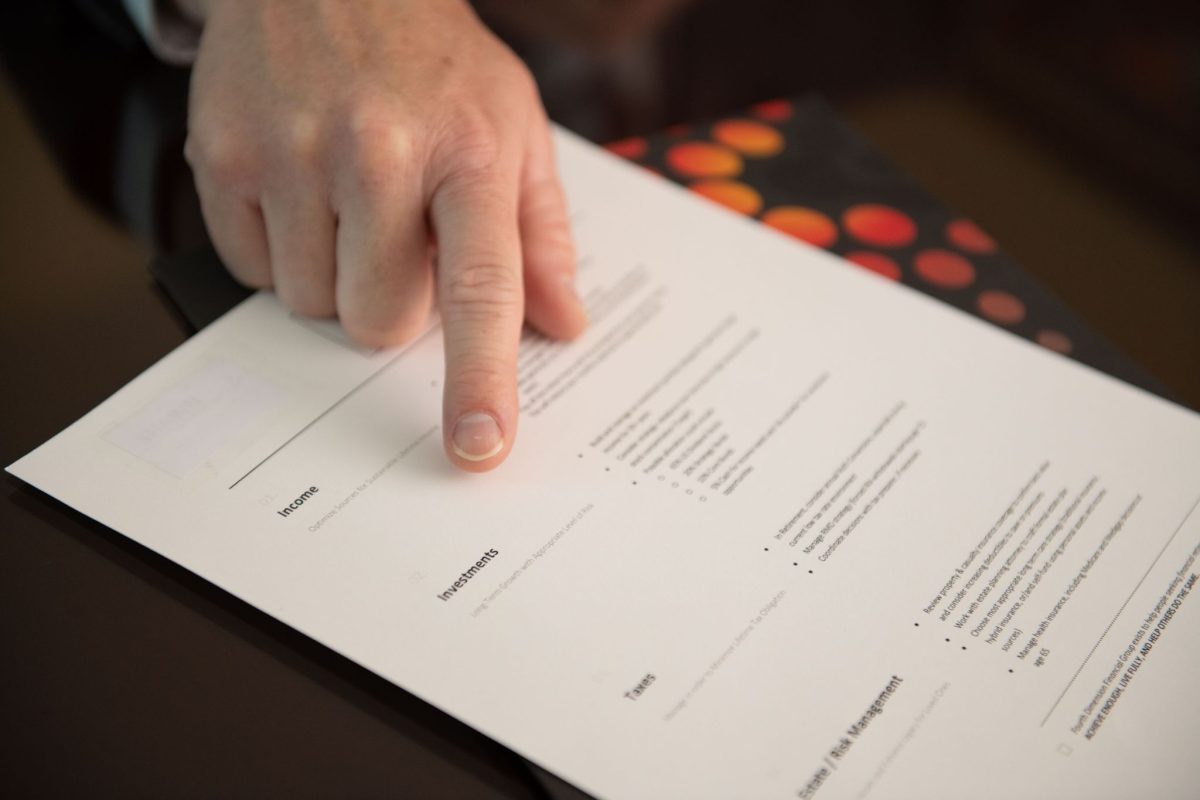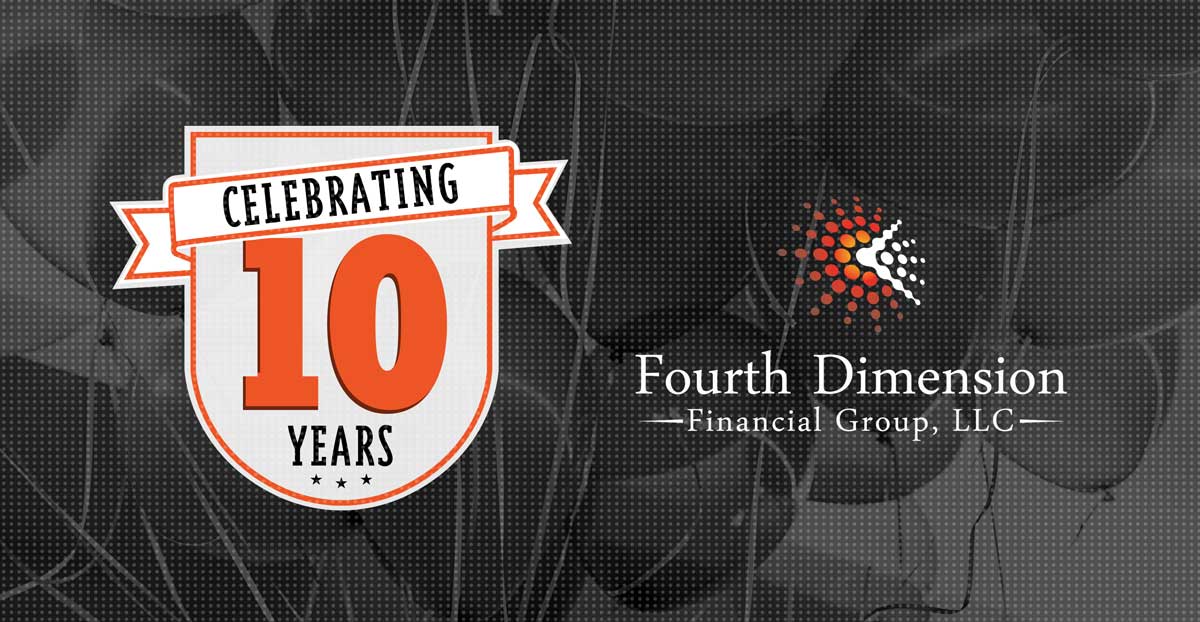Retirement can be an amazing time in a person’s life (or so I’m told). Waking up each day with the opportunity to live out your agenda rather than someone else’s is a wonderful type of freedom that everyone should someday have the chance to experience. But like anything in life, there are risks that have the potential to disrupt the sunny days. In fact, some smart people defined these risks for retired folks and compiled them for your reading pleasure. I actually included the list in my book and also wrote a Weekly about them here.
One of the risks that I find fascinating is called Sequence Of Returns Risk. Much like it sounds, this is the risk that if you experience investment returns in an unfavorable sequence or order, then a retirement risk is now present. The simplest way to explain it is this: if in your first year of retirement, your portfolio dropped 50% in value due to poor investment returns, the amount that you’d have to earn to make up that loss is enormous, 100% in fact. So, if you’re also pulling money from those investments to live on, the return you’d have to earn to catch up is now greater than 100%. Remember 2008?
This is a timely discussion because we’re experiencing much the opposite right now. If you retired a year ago, you just started retirement with an enormous head start. The wind is in your sails. Therefore, the risk of a poor sequence of returns wreaking havoc on your retirement is dramatically reduced. That is, unless…
One of the wonderful attributes of being a human is optimism. It gets us out of bed each morning, it keeps us striving and moving forward, and it also tempts us into threatening our own retirement security. For if there’s one action that can reverse the benefits of favorable investment returns, it’s overspending. The temptation is to see the big gains on your statement, allow the optimism to wash over you, and respond by spending like there’s no tomorrow. The most dangerous form of this is to lock in much higher fixed costs, that is, spending that doesn’t end when those euphoric feelings have become muted. Because when this happens, a new risk emerges because markets don’t always go up; when they come down and the spending remains high, trouble mounts.
People who earn a volatile commission-based income often share the adage, “Don’t buy a house after a good month.” Why? Because a bad month may be right around the corner and now you’re trapped. Early in my career, when building the business, I had to heed this advice because there were some very hard times. And you know what; that fear still affects me. Once you’ve lived through enough ups-and-downs, it’s tough to change your ways. Fear, it seems, has a really great memory. That said, most of the retirees we work with have also seen enough ups-and-downs that losing their minds during good times generally isn’t an issue, but we’re all susceptible if not careful.
As you may know, I’m the first person to celebrate your new car purchase, or new home, or boat. That’s what the money is for. I suppose I’m just projecting my own fear onto you when I encourage you to be cautious during these financial boomtimes we’re experiencing right now. Forgive me for that. But, and I mean this but sincerely, keep in mind that marketers are really smart and social pressure can be very powerful. The desire to keep increasing spending can catch us by surprise, even for the strongest among us.
So, enjoy the party. Indulge in a few luxuries, because you’ve earned the right, and we don’t know how long we have. Just make sure you’re not too drunk from the party to get home safely.
All the best,

Adam Cufr, RICP®
Recent Articles

Show Your Work: Why Transparency Matters in Retirement Planning
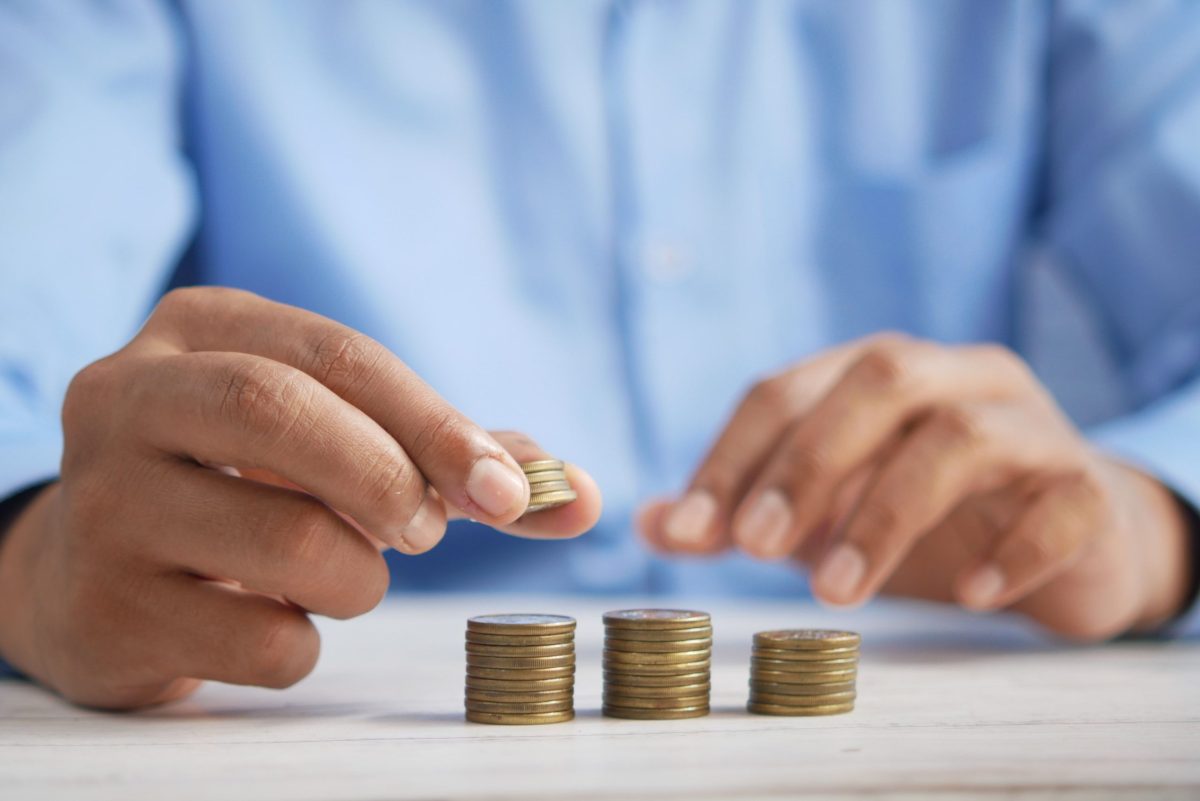
Unlocking the Mystery of Income Taxes
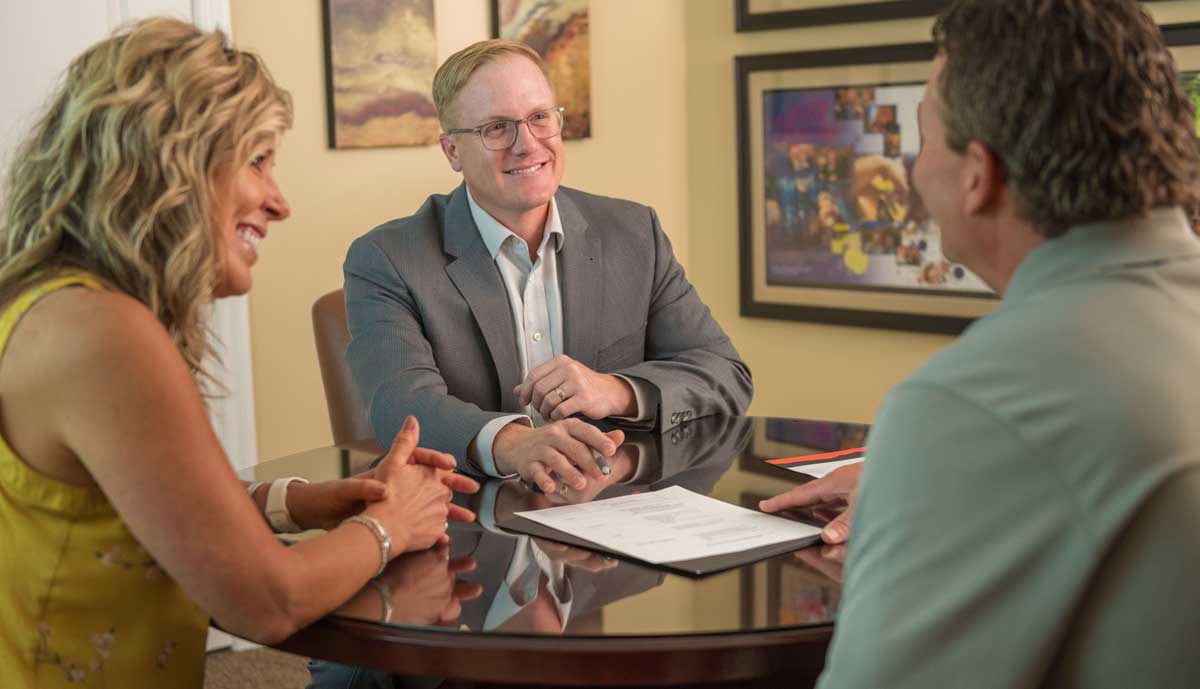
Social Security Strategy: Do You Have One?
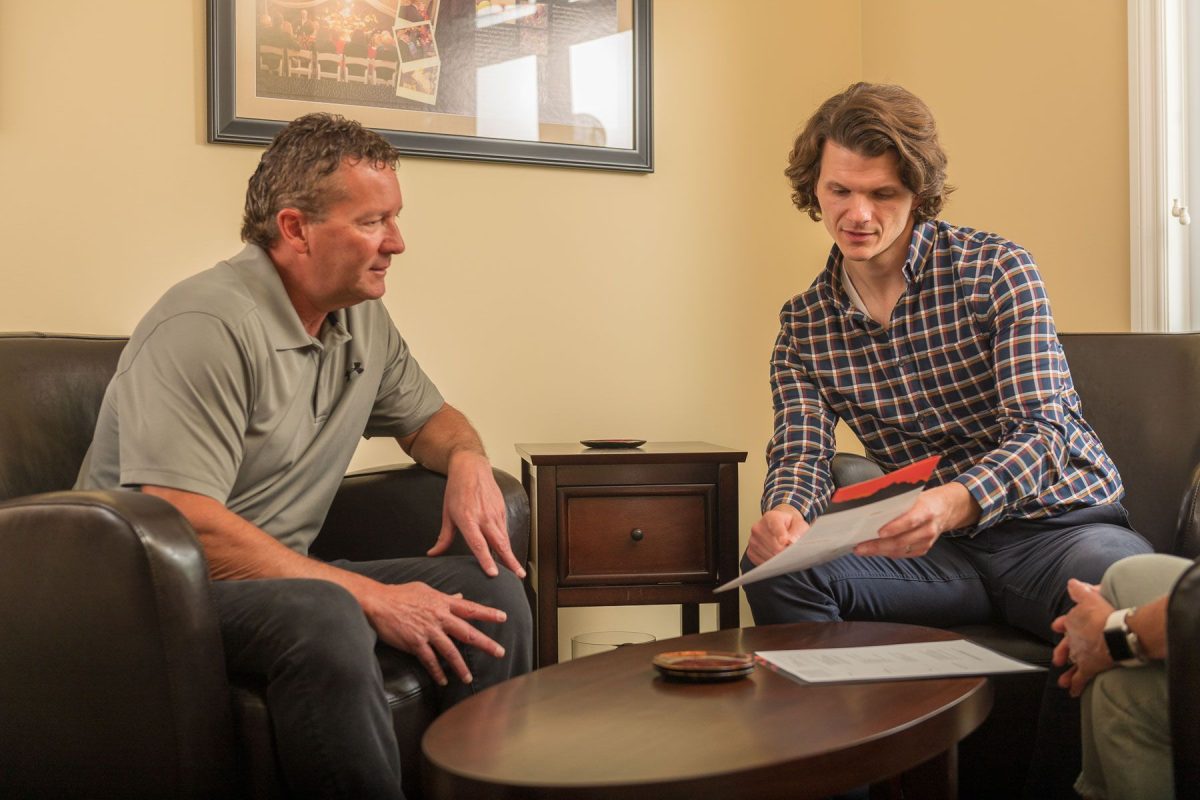
Pension Decision: Just One Critical Piece of Information Is Needed to Decide
